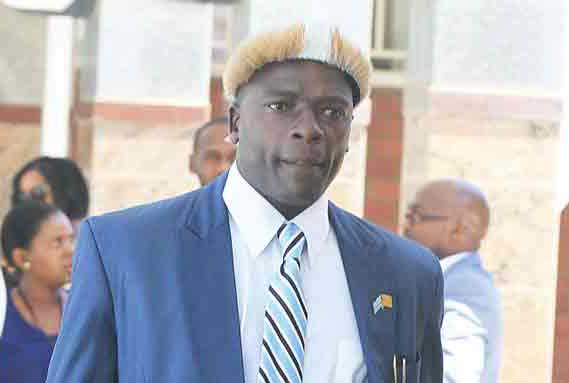Being a (reasonable) Motswana is to live in a constant state of anger and disappointment. It is to know that the society you live in, even through its leadership, values abusers and rapists – as long as they are men – above the lives of children, women and vulnerable groups.
Being a Motswana is to know that in a country that has the second highest rate of rape/sexual violence in the world, our President, in ‘His Excellency,’ will appoint a known woman abuser as Minister of Gender. Being a Motswana is to know that even men who are/were implicated in sexual violence against children will be appointed by your President to (ding!) be in charge of your children’s education. It is to know that while child molesters are appointed to positions of power, your First Lady will proclaim, “E seng mo ngwaneng,” and other such impotent phrases that have never before solved anything, and that my fellow Motswana is the best you can get.
Being a Motswana is to know that we, the people, will rally behind the same rapists and child molesters. We will call them our leaders. We will call them “Honourable,” “Mong wame,” “Tona.” We will wave their flags and vote them into power while they steal, pillage and rape us and our children.
In this blessed and noble land, as we so sing, this is the part where our leaders show us whose side they are on. This is where they publicly display their tolerance, if not endorsement, for sexual violence. This is the part where they fall silent, and carry on like it’s business as usual while they wait for our short memories to wither. Akere ba rile re lebala ka pela? This is the part where the children find out that “e seng mo ngwaneng” is like Santa Claus: a great concept but he doesn’t exist and cannot give you a thing. This is the part where victims of sexual violence realise that we are only footnotes in speeches that mean nothing.
Being a Motswana is to be from a violence that refuses to call itself what it is. Violent in words, in actions, and in inaction. It is to know that our ‘leaders’ do not care. They will not care. They know each other and are complicit in each other’s deeds. It is to witness in times like these how they protect one another. Being a reasonable Motswana is to now know that sadly, it is really us against them.

